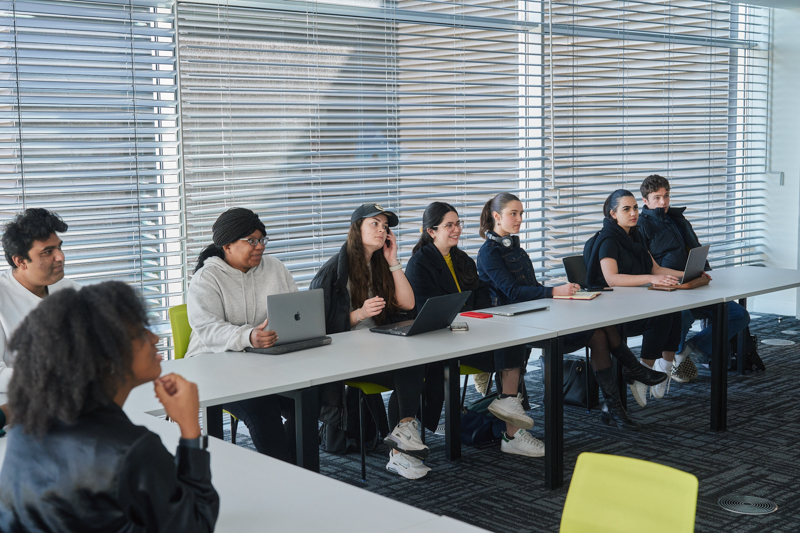Majority of Graduates Would Reconsider HE Choices. Richmond Offers a Smarter Way Forward
Author: Richmond American University London
A new report from the University of Bristol, HEPI and Advance HE has revealed that more than half of UK graduates (52%) say they would make different decisions about their higher education experience if they were given the chance again.
Whether it’s course content, institution, or relevance to their future careers, students are reflecting on choices that, in hindsight, didn’t serve them well.
While this data has raised concern across the sector, Richmond is built to give students real choice through an alternative educational model.
“I chose Richmond because they offer majors and minors,” said Isha, a third-year Communications major. “That flexibility to mix and match my studies until I found a combination that worked for me was something I looked for and found here.”

Richmond is the only UK university offering a fully integrated US-style liberal arts model, but going one step further by incorporating applied interdisciplinary studies. Students don’t have to choose a single subject upfront. They can build a degree that evolves with them—combining disciplines, switching direction, and developing a broader, interdisciplinary perspective before specialising. This mix can be complemented by internships and field research.
Professor Phil Deans, Vice Chancellor and President, said:
“The findings from this report reinforce what Richmond has always believed: student choice should not end at enrolment. Our model gives students room to explore, grow, and make more informed decisions as they mature—something that’s essential in a world of rapid change.”
The report emphasises that “schools and colleges should not see higher education as being a good outcome in itself, without more nuanced consideration of which courses and institutions may be best matches for a particular student.”
Traditional UK education often forces students to choose a subject and stick with it, even when they’re young and lack the experience to make that decision.

Serena, a final-year Computer Science major, shares:
“I’ve spent my whole life studying the same subjects, but here I can explore new concepts and programmes I’d never have encountered elsewhere.”
Kelly Coates, our Academic Provost, added:
“This research underlines the value of an education that’s responsive to the individual—not just in what students study, but in how their academic journey evolves. Richmond’s approach empowers students to discover where their interests and talents align, without penalty for changing course.”
Richmond believes strongly that the process of discovering by trial and error who you are and what course of study fits best whom you are coming is defining of a high impact student experience.
The report reveals a significant statistic: “Around six in ten undergraduates and graduates (59% and 63%) who doubted their decisions said that, with hindsight, they would have wanted to transfer course or institution.”
This paints a picture of a rigid system. Richmond offers a different story. With our dual UK and US degree offering, we are leading the way in flexible, student-driven education. According to Richmond’s 2024 NSS report, 87.27% of students felt they had ample opportunities to explore ideas in depth.
“It’s really cool that students get to find their niche through the process of trial, error and elimination. You find out what you like and don’t like as a person,” says Upasana, a third-year Communications major.

As the higher education sector reflects on the findings from The Benefits of Hindsight report, Richmond’s approach stands as a beacon for what the future of education could be—flexible, global, and centred on student choice and long-term success.
“I did feel the need to stand out in some way and perhaps explore a specialised field,” Upasana continues. “I took some practical filmmaking classes and realised I wanted to pursue it as my minor, which never would’ve happened if I had to stick to only what I initially chose.”









